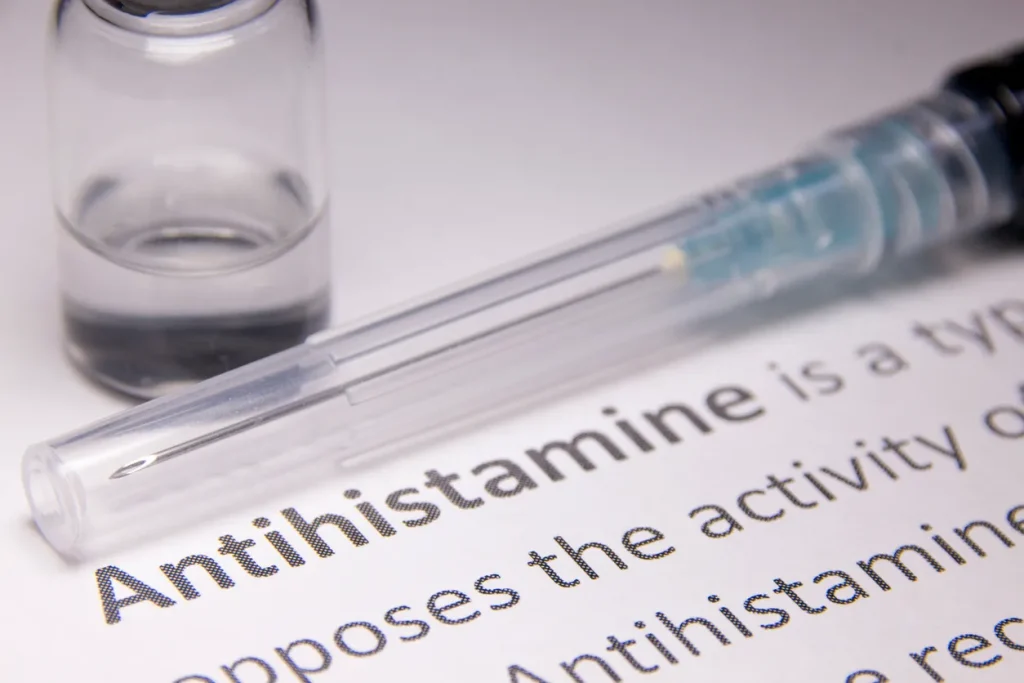Digestive distress such as stomach cramps and diarrhea are common problems that can significantly impact daily life. These symptoms, often experienced together, can be caused by various factors, ranging from mild to severe. This article delves into the causes, symptoms, and treatments of stomach cramps and diarrhea, providing expert advice on managing these uncomfortable conditions effectively.
Common Causes of Stomach Cramps and Diarrhea
Stomach cramps and diarrhea often occur together, indicating that something disrupts your digestive system. Here are some common causes:
- Infections: Bacterial, viral, and parasitic infections are the most common causes. Examples include food poisoning, gastroenteritis, and infections like Salmonella or E. coli.
- Food Intolerances and Allergies: Lactose intolerance and celiac disease are examples where the body reacts negatively to certain foods, causing digestive distress.
- Medications: Some medications, such as antibiotics, can disrupt the natural balance of bacteria in the gut, leading to diarrhea and cramps.
- Irritable Bowel Syndrome (IBS): A chronic condition that affects the large intestine, causing cramping, abdominal pain, bloating, gas, and diarrhea.
- Inflammatory Bowel Disease (IBD): Conditions like Crohn’s disease and ulcerative colitis cause long-term inflammation of the digestive tract, leading to severe symptoms.
- Stress and Anxiety: High-stress levels can affect the gut-brain axis, leading to digestive issues.
Recognizing Symptoms of Digestive Distress
Understanding the symptoms of digestive distress can help in early detection and treatment. Common symptoms include:
- Abdominal Pain: Varying from mild discomfort to severe pain, usually around the stomach or lower abdomen.
- Diarrhea: Frequent, loose, or watery bowel movements.
- Bloating and Gas: Feeling of fullness or swelling in the abdomen.
- Nausea and Vomiting Often accompany severe digestive issues.
- Loss of Appetite: A common side effect of abdominal discomfort.
When Should I See a Doctor for Stomach Cramps and Diarrhea?
While occasional stomach cramps and diarrhea can often be managed at home, certain situations require medical attention:
- Persistent Symptoms: If symptoms last more than a few days without improvement.
- Severe Pain: Intense abdominal pain that does not subside.
- Dehydration: Signs include dry mouth, extreme thirst, and dark urine.
- Blood in Stool: Indicates a more serious underlying condition.
- High Fever: Suggests a severe infection or other serious issue.
Effective Treatments for Stomach Cramps and Diarrhea
Treating stomach cramps and diarrhea often involves addressing the underlying cause and managing symptoms. Here are some effective treatments:
- Hydration: Replenishing fluids and electrolytes is crucial. Oral rehydration solutions are especially effective.
- Dietary Adjustments: Eating bland foods such as bananas, rice, applesauce, and toast (the BRAT diet) can help soothe the digestive system.
- Over-the-Counter Medications: Anti-diarrheal medications like loperamide (Imodium) can reduce symptoms. Pain relievers like acetaminophen can help with cramps.
- Probiotics: These can help restore good gut bacteria balance, especially after antibiotic use.
- Rest: Giving your body time to recover is essential.
How Can I Treat Stomach Cramps and Diarrhea at Home?
Take Control: Managing Mild Cases of Stomach Cramps and Diarrhea with Home Remedies
- Ginger and Peppermint Tea: These can soothe the stomach and reduce cramping.
- Apple Cider Vinegar: Mixed with water, it may help balance stomach pH and kill pathogens.
- Yogurt: Contains probiotics that help restore gut flora.
- Clear Broths: Keep you hydrated and provide essential nutrients without burdening your stomach.
Managing Severe Stomach Cramps and Diarrhea
While home remedies can be effective for mild cases, for severe cases, a combination of lifestyle changes and medical interventions might be necessary. It’s important to consult a healthcare professional for persistent or severe symptoms to ensure proper diagnosis and treatment.
- Medications: Prescription medications may be required for conditions like IBS or IBD.
- Stress Management: Techniques such as mindfulness, meditation, and yoga can reduce stress-related digestive issues.
- Regular Check-ups: Keeping up with doctor appointments ensures any underlying conditions are managed effectively.
Understanding and Relieving Stomach Cramps and Diarrhea
Managing stomach cramps and diarrhea involves a comprehensive approach to addressing symptoms and underlying causes. Understanding the triggers and employing effective treatments can minimize discomfort and improve your quality of life. Always consult a healthcare provider for persistent or severe symptoms to ensure proper diagnosis and treatment.
Visit our resources for more articles.




